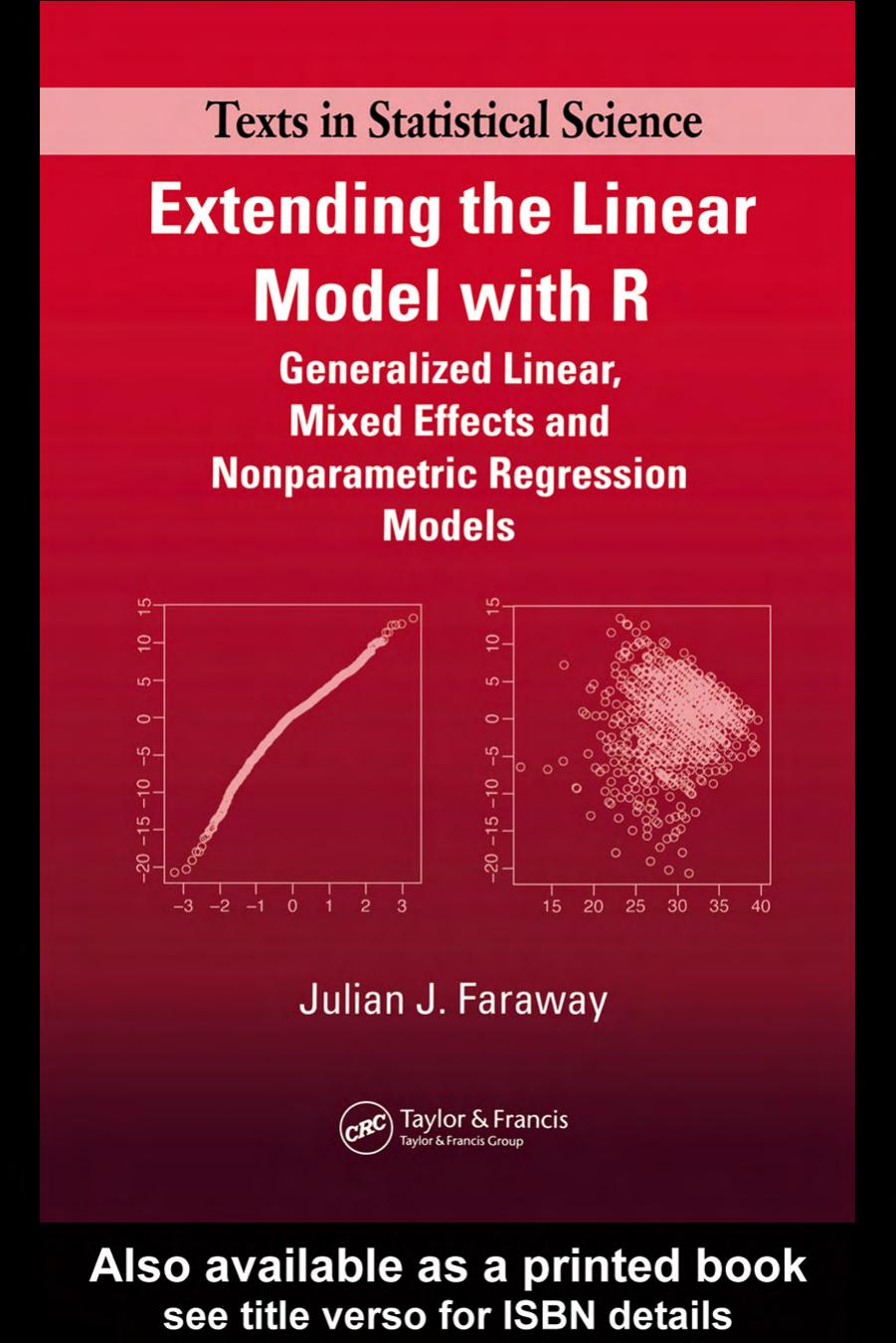

Most ebook files are in PDF format, so you can easily read them using various software such as Foxit Reader or directly on the Google Chrome browser.
Some ebook files are released by publishers in other formats such as .awz, .mobi, .epub, .fb2, etc. You may need to install specific software to read these formats on mobile/PC, such as Calibre.
Please read the tutorial at this link: https://ebookbell.com/faq
We offer FREE conversion to the popular formats you request; however, this may take some time. Therefore, right after payment, please email us, and we will try to provide the service as quickly as possible.
For some exceptional file formats or broken links (if any), please refrain from opening any disputes. Instead, email us first, and we will try to assist within a maximum of 6 hours.
EbookBell Team

4.3
78 reviewsLinear models are central to the practice of statistics and form the foundation of a vast range of statistical methodologies. Julian J. Faraway's critically acclaimed Linear Models with R examined regression and analysis of variance, demonstrated the different methods available, and showed in which situations each one applies.
Following in those footsteps, Extending the Linear Model with R surveys the techniques that grow from the regression model, presenting three extensions to that framework: generalized linear models (GLMs), mixed effect models, and nonparametric regression models. The author's treatment is thoroughly modern and covers topics that include GLM diagnostics, generalized linear mixed models, trees, and even the use of neural networks in statistics. To demonstrate the interplay of theory and practice, throughout the book the author weaves the use of the R software environment to analyze the data of real examples, providing all of the R commands necessary to reproduce the analyses.
A supporting website at www.stat.lsa.umich.edu/ faraway/ELM holds all of the data described in the book.
Statisticians need to be familiar with a broad range of ideas and techniques. This book provides a well-stocked toolbox of methodologies, and with its unique presentation of these very modern statistical techniques, holds the potential to break new ground in the way graduate-level courses in this area are taught.